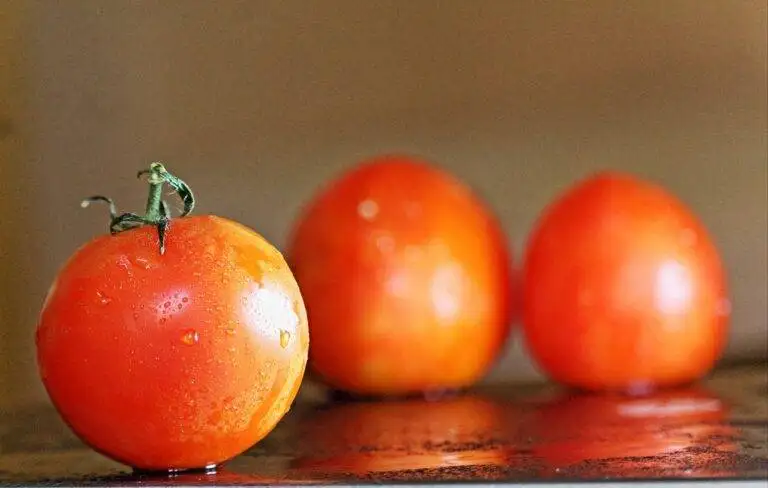The Role of Food Industry in Preserving Culinary Traditions
Culinary traditions hold a deep-rooted importance in societies around the world. These traditions are not merely about the food itself, but they represent a connection to the past, a way to preserve cultural heritage, and a means of passing down stories and values from one generation to the next.
The act of preparing and sharing traditional dishes fosters a sense of belonging and community among individuals. It brings people together, creating opportunities for bonding and strengthening social ties. Moreover, culinary traditions often reflect the geographical, historical, and climatic factors that have shaped a particular culture, making them a unique and valuable aspect of our shared human experience.
The Influence of Globalization on Food Industry
Globalization has revolutionized the food industry by fostering the exchange of culinary practices and ingredients across borders. As international travel becomes more accessible and digital communication platforms connect people worldwide, the flow of food culture has accelerated. This has led to a rich tapestry of global cuisines being incorporated into menus, creating diverse culinary experiences for consumers.
Additionally, globalization has spurred the mass production and distribution of food, resulting in a homogenization of tastes and preferences in some regions. Fast food chains and multinational corporations have capitalized on this trend by offering standardized menus that cater to widespread consumer preferences. As a result, traditional foods and local cuisines face the challenge of competing with these globalized options, potentially impacting the preservation of culinary heritage.
• Globalization has facilitated the exchange of culinary practices and ingredients across borders
• International travel and digital communication platforms have accelerated the flow of food culture
• Diverse global cuisines are being incorporated into menus, offering consumers unique culinary experiences
• Mass production and distribution of food due to globalization has led to a homogenization of tastes in some regions
• Fast food chains and multinational corporations offer standardized menus catering to widespread consumer preferences
• Traditional foods and local cuisines may face challenges competing with globalized options, impacting culinary heritage preservation
The Role of Food Corporations in Promoting Traditional Cuisine
Food corporations play a crucial role in promoting traditional cuisine by collaborating with local producers to preserve and highlight authentic flavors. By sourcing ingredients from regional farmers and artisans, these corporations not only support the local economy but also ensure the continuation of culinary traditions passed down through generations. Through marketing campaigns and product development, they bring these traditional dishes to a wider audience, sparking interest and appreciation for diverse cultural foods.
Moreover, food corporations contribute to the revival and celebration of traditional cuisine by incorporating authentic recipes and cooking techniques into their offerings. By partnering with renowned chefs and culinary experts, they ensure that traditional dishes are prepared and presented in an authentic manner, maintaining their true essence and flavors. This partnership between food corporations and culinary professionals creates a platform for traditional cuisine to thrive in the modern food industry, preserving cultural heritage and fostering a deeper connection with food and its origins.
How important are culinary traditions?
Culinary traditions play a significant role in preserving cultural heritage and identity. They are a reflection of a community’s history, values, and beliefs.
How does globalization impact the food industry?
Globalization has led to the spread of international cuisines and fast food chains, which can sometimes overshadow traditional and local dishes. It has also influenced consumer preferences and food production practices.
What role do food corporations play in promoting traditional cuisine?
Food corporations can play a vital role in promoting traditional cuisine by incorporating authentic ingredients and cooking methods into their products, supporting local farmers and producers, and introducing traditional dishes to a wider audience through marketing and partnerships.







